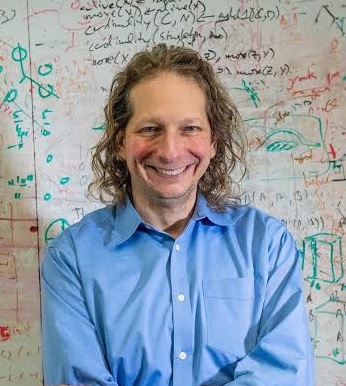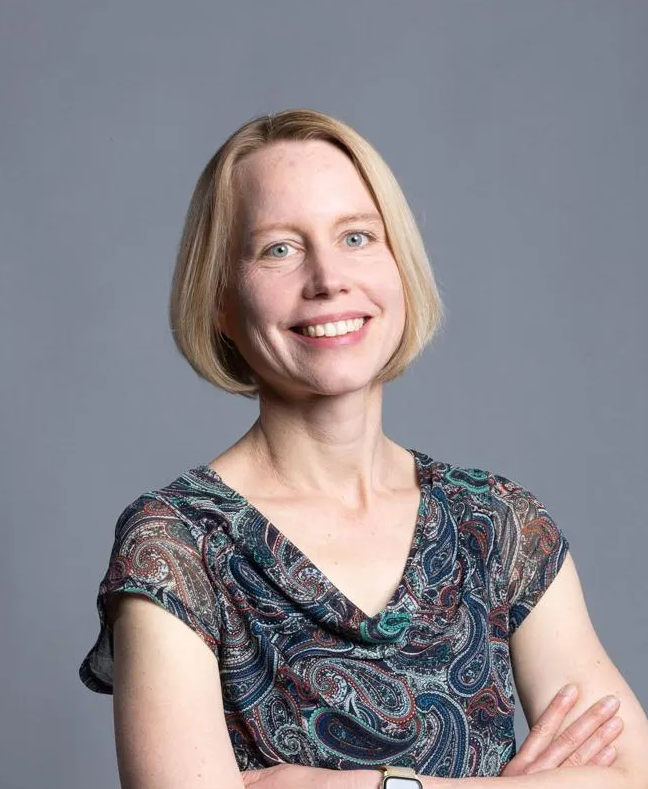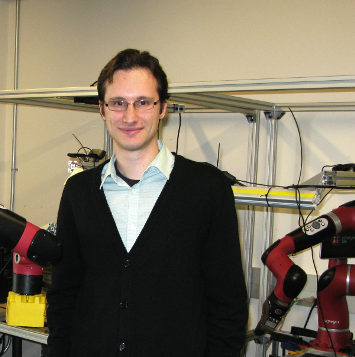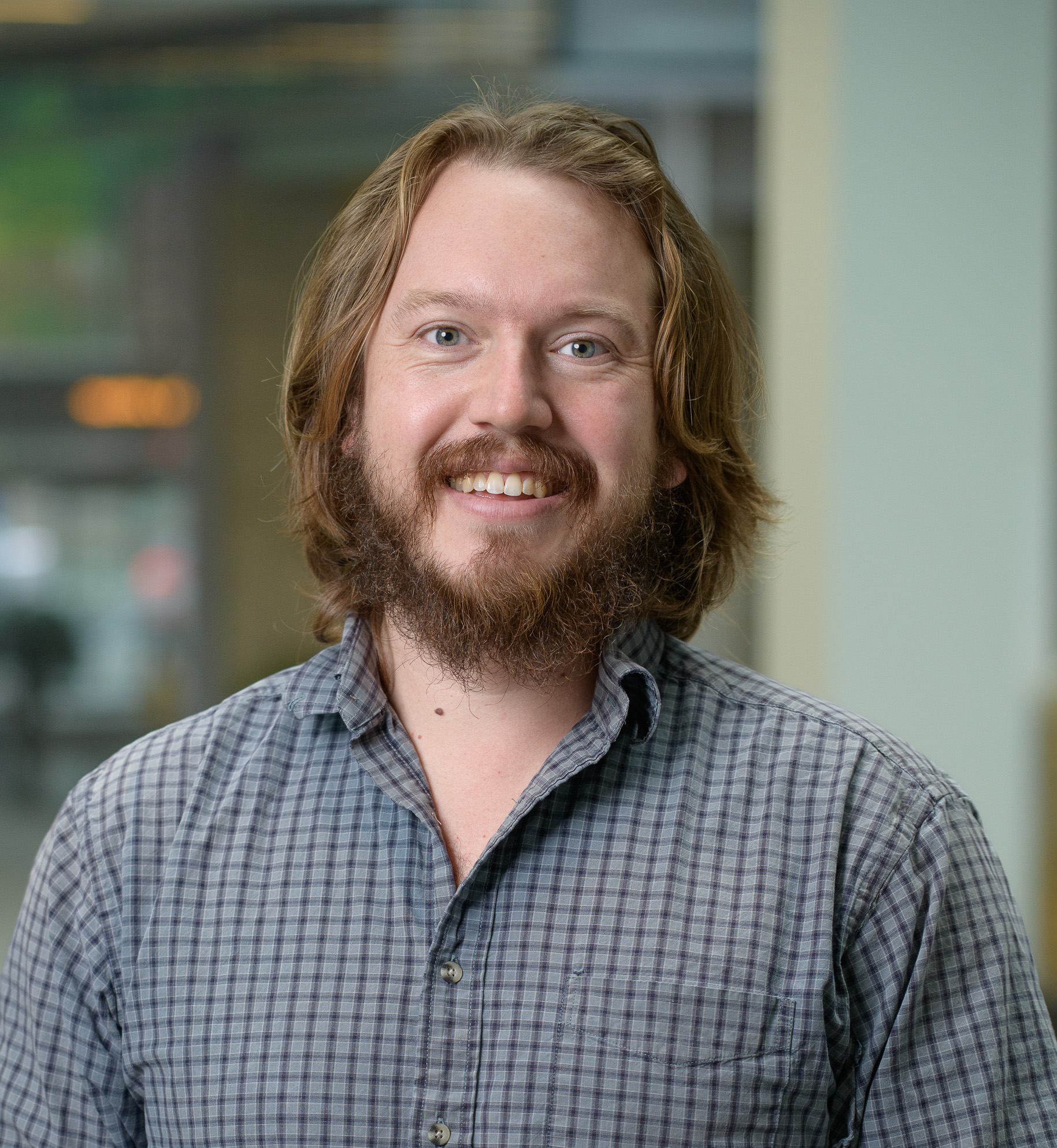Speaker Details
[more info about the speakers will be announced here]
Joshua B. Tenenbaum
MIT
Bio:
Prof. Joshua B. Tenenbaum is a Professor of Computational Cognitive Science in the Dept. of Brain and Cognitive Sciences at MIT, a principal investigator at MIT's Computer Science and Artificial Intelligence Laboratory (CSAIL), and a thrust leader in the Center for Brains, Minds and Machines (CBMM). His research centers on perception, learning, and common-sense reasoning in humans and machines, with the twin goals of better understanding human intelligence in computational terms and building more human-like intelligence in machines. The machine learning and artificial intelligence algorithms developed by his group are used by hundreds of science and engineering groups around the world. Tenenbaum received his PhD from MIT in 1999, and was an Assistant Professor at Stanford University from 1999 to 2002 before returning to MIT. His papers have received awards at the Cognitive Science (CogSci), Computer Vision and Pattern Recognition (CVPR), and NeurIPS, among others. He has given invited keynote talks at all of the major machine learning and artificial conferences. He is the recipient of the Early Investigator Award from the Society of Experimental Psychologists, the Distinguished Scientific Award for Early Career Contribution to Psychology from the American Psychological Association, and the Troland Research Award from the National Academy of Sciences, and is a fellow of the Society of Experimental Psychologists and the Cognitive Science Society. He has been involved as a program committee member/chair and/or has co-organized several workshops at machine learning, computer vision and cognitive science venues.
Keynote Title:
Scaling Intelligence the Human Way.
Ranjay Krishna
University of Washington
Bio:
Prof. Ranjay Krishna is an Assistant Professor at the Paul G. Allen School of Computer Science & Engineering. His research lies at the intersection of computer vision and human computer interaction. This research has received best paper, outstanding paper, and orals at CVPR, ACL, CSCW, NeurIPS, UIST, and ECCV, and has been reported by Science, Forbes, the Wall Street Journal, and PBS NOVA. His research has been supported by Google, Amazon, Cisco, Toyota Research Institute, NSF, ONR, and Yahoo. He holds a bachelor's degree in Electrical & Computer Engineering and in Computer Science from Cornell University, a master's degree in Computer Science from Stanford University and a Ph.D. in Computer Science from Stanford University. He teaches machines to see like people and interact with people. As modern machines struggle to fully conceptualize the visual world, his research bootstraps machine learning using frameworks from behavioral and social sciences.
Keynote Title:
Prioritizing Perception in Multimodal Language Models.
Stefanie Jegelka
MIT
Bio:
Prof. Stefanie Jegelka is an Associate Professor at MIT EECS, and a Humboldt Professor at TU Munich. At MIT, she is a member of CSAIL, IDSS, the Center for Statistics and Machine Learning at MIT. She is also affiliated with the ORC. Before that, she was a postdoc in the AMPlab and computer vision group at UC Berkeley, and a PhD student at the Max Planck Institutes in Tuebingen and at ETH Zurich. Her research is in algorithmic machine learning, and spans modeling, optimization algorithms, theory and applications. In particular, her team has been working on exploiting mathematical structure for discrete and combinatorial machine learning problems, for robustness and for scaling machine learning algorithms. Her research has been supported by a Sloan Research Fellowship, an NSF CAREER Award, a DARPA Young Faculty Award, an NSF BIGDATA award, an ONR MURI, faculty research awards by Google, Two Sigma and Adobe, an STL award and other awards by NSF and DARPA.
Keynote Title:
Learning Algorithms with GNNs and Transformers.
Sergey Levine
UC Berkeley
Bio:
Dr. Sergey Levine received a BS and MS in Computer Science from Stanford University in 2009, and a Ph.D. in Computer Science from Stanford University in 2014. He joined the faculty of the Department of Electrical Engineering and Computer Sciences at UC Berkeley in fall 2016. His work focuses on machine learning for decision making and control, with an emphasis on deep learning and reinforcement learning algorithms. Applications of his work include autonomous robots and vehicles, as well as applications in other decision-making domains. His research includes developing algorithms for end-to-end training of deep neural network policies that combine perception and control, scalable algorithms for inverse reinforcement learning, deep reinforcement learning algorithms, and more.
Keynote Title:
Training Robots to Think Harder.
David Duvenaud
University of Toronto
Bio:
Prof. David Duvenaud is an Associate Professor in Computer Science and Statistics at the University of Toronto. He holds a Sloan Research Fellowship, a Canada Research Chair in Generative Models, and a CIFAR AI chair. His research focuses on deep learning and AI governance. His postdoc was done at Harvard University and his Ph.D. at the University of Cambridge. He is a Founding Member of the Vector Institute for Artificial Intelligence, and previously led the Alignment Evaluations team at Anthropic.
Keynote Title:
LLM Posteriors over Functions as A New Output Modality.




